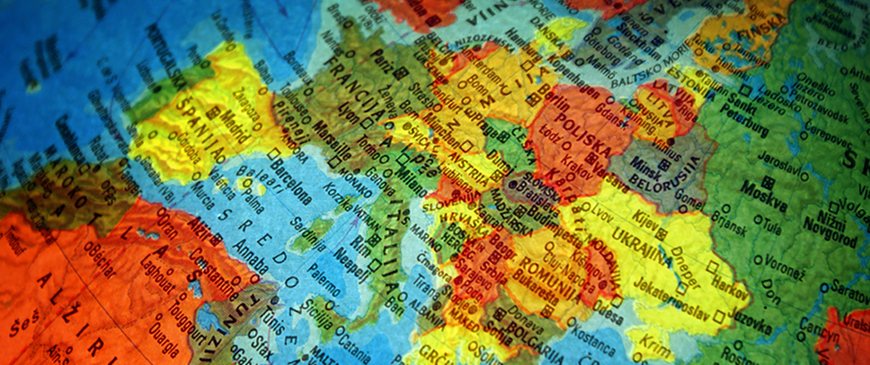
Judy Asks: Will enlargement spur EU reform?
Enlargement might spur EU reform, but I won’t hold my breath for more than minor changes.
The substantive obstacle to reform is that some of the changes often mentioned in the context of enlargement—in particular the extension of qualified majority voting to areas including foreign policy and taxation—don’t command consensus. Some member states, though enlargement enthusiasts, do not want to lose their veto rights for fear being outvoted on a matter of vital interest.
The procedural obstacle is that some member states would have to hold referendums on any treaty amendments required, and no EU leader wants that. Since Denmark narrowly rejected the Maastricht Treaty in 1992, three of the four subsequent treaties have been rejected by at least one member state. French and Dutch voters killed the Constitutional Treaty completely in 2005.
Before the “big bang” enlargement of 2004, some member states insisted that reform was essential if the new members were not to overwhelm the EU. In reality, the EU accommodated ten countries easily, with minor changes to policies and procedures. The next group of candidates, and especially Ukraine, may challenge EU absorption capacity more. But the EU should be bold: enlargement is an urgent geopolitical necessity, while reform can come at a more leisurely pace.
Ian Bond is deputy director of the Centre for European Reform.
Read full article here.
